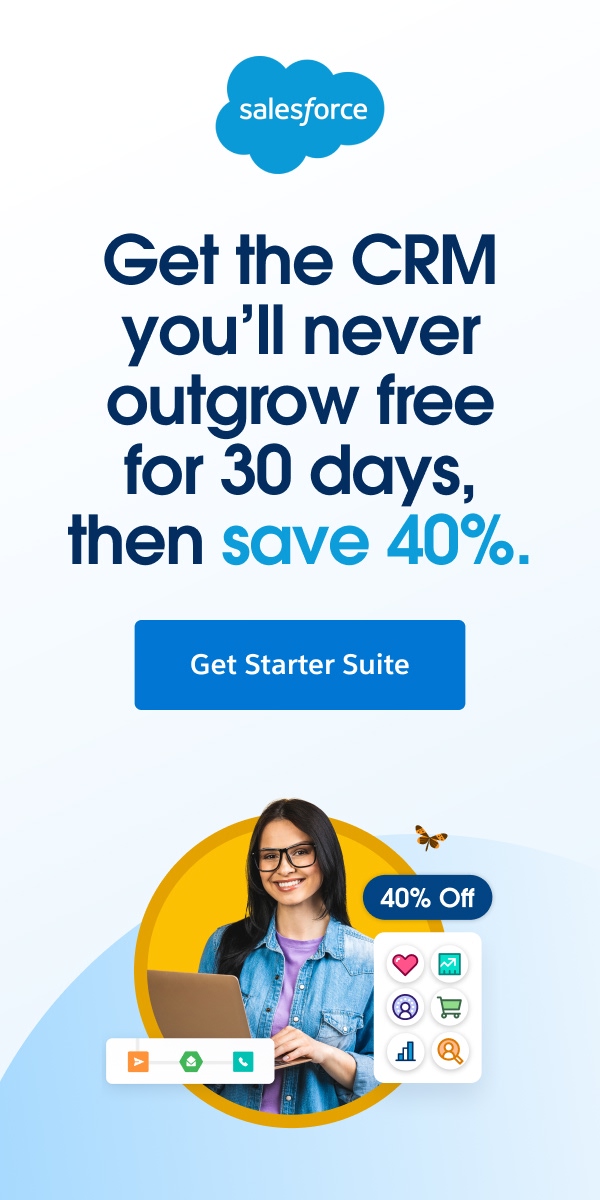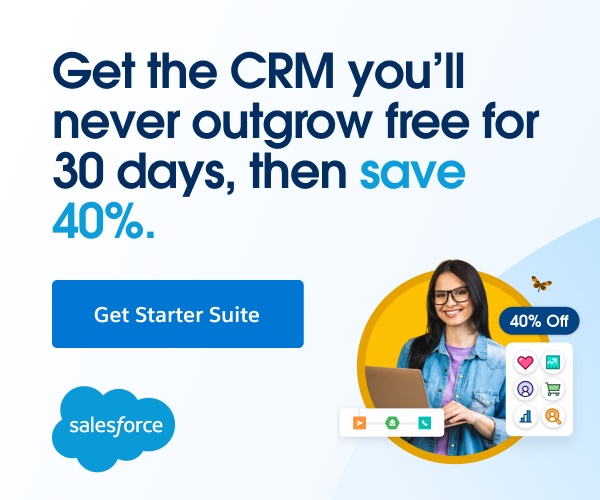Whether remaining within Europe or venturing into a new continent, founders must look at several core aspects to ensure a successful entry. Here, David Buller and Laurent van Lerberghe, both seasoned international investors, advisors and entrepreneurs, share their insights and expertise.
Readiness and realism
Be ready. International expansion is a great first step, but a demanding one. If done well - and when ready - it can boost the company growth trajectory. However, if done too early - without strong foundations - it can burn lots of cash with little reward.
Only once you have established the foundations of your product, technology, market fit, skilled team, and use cases, will you be ready to transfer and adapt credibly to the challenges of a new market and competition.
Next, be realistic when choosing where to expand first. For European companies, expanding into a few neighboring countries is the perfect and necessary step before setting sights on larger and further away markets such as the US. This is because having a home base closeby makes it easier to tap into resources and expertise. European expansion can make you stronger and agile, preparing you to move into the US and face the advanced competition you generally meet there. Later on you may want to consider Asia, selecting Japan or Singapore as landing spots with lots of growth opportunities and less complexity than you might encounter in India and China.
Market need, potential & stability
Irrespective of the above, the primary considerations for any founder should be the need for the product or service in the target market and the size and potential of that market.
Bear in mind that different markets may have entirely different systems, processes and problems as well as budgets for such a solution. Your product or service may need to be significantly adapted for a new market, and - in some cases - may not even be needed or affordable.
According to a 2023 report by McKinsey, markets with a high growth rate in the startup’s sector may provide quicker returns and greater long-term potential. To take the example of healthtech: Germany, along with Eastern and Central Europe, would make an obvious choice owing to the regions’ booming digital health sector driven primarily by government initiatives and a strong healthcare infrastructure. Large markets such as the US, China, the Middle East and South Asia offer substantial opportunities but come with intense competition and regulatory complexities.
Economic stability and market conditions are also critical. The OECD’s Economic Outlook 2023 highlights that countries with robust economic policies and growth prospects, such as Switzerland and the Nordic countries, present safer options for expansion. These regions provide a stable consumer base and reliable regulatory systems, ensuring a more secure and favourable business climate. Additionally, strong economic foundations in these countries support continuous innovation and infrastructure development, further enhancing their attractiveness for business expansion.
The local talent market is also something to consider. Consult with local recruiters to establish whether you are able to recruit people with the right skills mix, education and experience, and to find out if you can afford to hire top talent at a competitive rate.
Access & Regulatory environment
Regardless of which location is chosen, it’s critical to ensure a comprehensive knowledge of the implications of the regulatory landscape. This can be obtained by working with experienced advisors. The nuances of the regulations will drive your strategy, timelines and expenditure.
For example, the EU's stringent data protection laws and consumer safety standards require thorough compliance assessments and documentation. In contrast, the US offers a more streamlined, albeit rigorous, approval process for various products and services.
To illustrate, consider the example of ExSeed Health, a male fertility diagnostics startup. Founded in the UK, ExSeed Health has successfully expanded into multiple European markets after securing European CE mark certification and partnering with local fertility clinics, research institutions and sperm banks.
Cultural compatibility
Cultural differences can influence the success of a product or service in a new market. Startups must tailor their offerings to meet local preferences and expectations. For example, in Japan, a high value is placed on customer service and product quality, requiring businesses to adapt their strategies accordingly. Again, working closely with experienced advisors and conducting rigorous local research will allow you to map and cost region-specific adaptations.
Competitive landscape
A thorough analysis of the competitive landscape helps in identifying gaps and opportunities. Startups should look for markets where their unique value proposition stands out. This involves conducting a comprehensive study of current market players, their strengths and weaknesses, and the overall market demand. By understanding who the competitors are and what they offer, startups can identify underserved segments or areas where their product or service can offer superior value.
For instance, a digital health startup, LynxCare, successfully leveraged strategic partnerships to penetrate multiple European markets. They conducted extensive market research to identify countries with less saturated markets for health data solutions. This approach allowed LynxCare to focus on regions where there was a high demand for their innovative solutions with relatively less advanced competition. By partnering with local healthcare providers and institutions, they were able to adapt their offerings to meet specific local needs and regulations. This strategic move facilitated a smoother entry into these markets and also enabled rapid expansion and establishment of a strong market presence.
Partnerships and network
Strong strategic partnerships and relationships with local companies, research institutions, and government bodies are essential for early international success. So, when choosing a market, consider where you already have these relationships - or have the potential to acquire or strengthen them quickly. If you are limited in this area, start laying foundations now. You can do this by attending industry events and conferences, leveraging social media platforms or hosting webinars and workshops with industry leaders. Joining regional industry associations and networking groups would also be advisable.
A successful execution of these strategies can be seen by the biotech company Healx, who partnered with leading universities and pharmaceutical companies to support its expansion across Europe. They didn't just rely on formal meetings; they engaged in joint research projects and co-hosted educational webinars to build trust and collaboration.
Choosing or following
Most often, you have to choose where to go next using criteria listed above. However, it’s likely that you’ll have to make this choice before having all the information or being 100% ready. Sometimes you might find yourself being pulled in one direction by your customers and partners. Ultimately, successful international expansion requires close attention to local market dynamics and on-the-ground relationships. With the right support network around you, and an unwavering focus on the practicalities, your first foray into a new country can be a smooth and rewarding venture.
David Buller is a Founding Partner at Ascension Life Fund & Laurent van Lerberghe is a pharma C-suite executive turned digital health investor.











